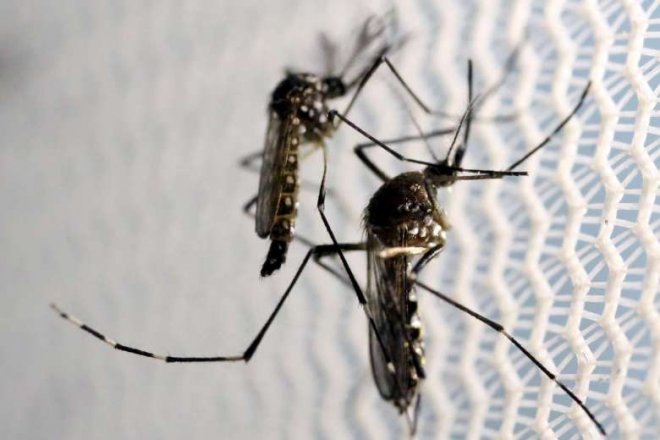
Singapore's National Environment Agency (NEA) said on Thursday that two new cases of locally transmitted Zika virus infection have been confirmed at Flower Road and Hendry Close. This latest cluster is close to the first Zika cluster of this year, which was reported at Simon Place in Hougang on last Wednesday.
NEA said both of the new cases are residents in the area. It added that the authorities have started their operations to control the mosquito population. The agency urged the residents to maintain vigilance, "as there could still be asymptomatic or mild, undiagnosed cases which might result in further transmission of the virus" if there are mosquitoes in the area.
NEA highlighted that 80 percent of Zika infected people do not develop symptoms, hence it increases the risk of a resurgence of the virus as "it may take some time before a reintroduced Zika virus is detected".
The members of the public are advised to seek medical attention if they are unwell, especially with symptoms such as fever and rash. According to the World Health Organisation (WHO), people infected with Zika can have symptoms including mild fever, skin rash, conjunctivitis, muscle and joint pain, malaise or headache. These symptoms of Zika normally last for two to seven days.
Zika virus was first identified in Uganda in 1947. More than 1,900 cases were confirmed in Brazil which is hardest hit so far. There is no treatment or vaccine for Zika infection yet. Companies and scientists are working to develop a safe and effective vaccine for the virus. Zika is commonly said to be a close cousin of dengue and chikungunya.









